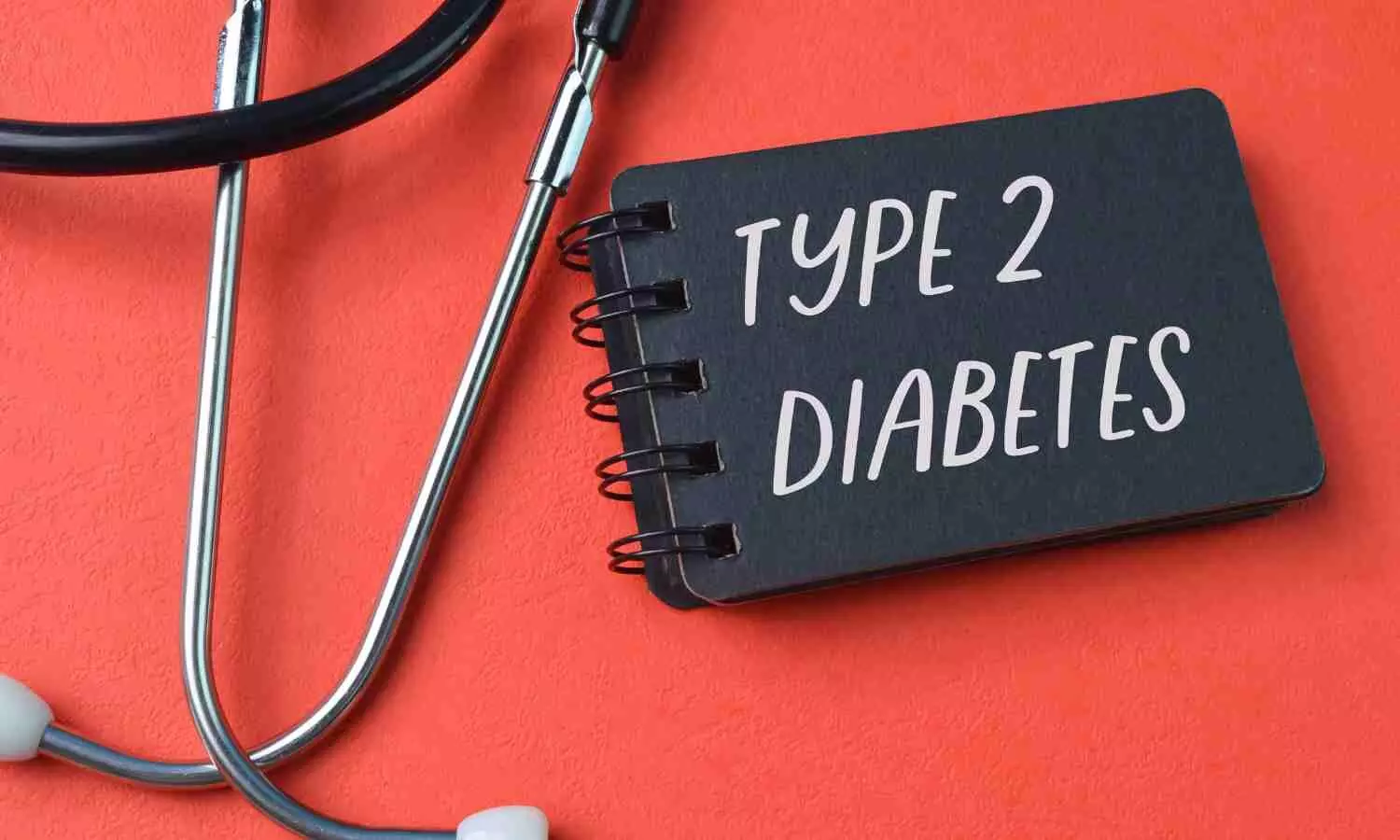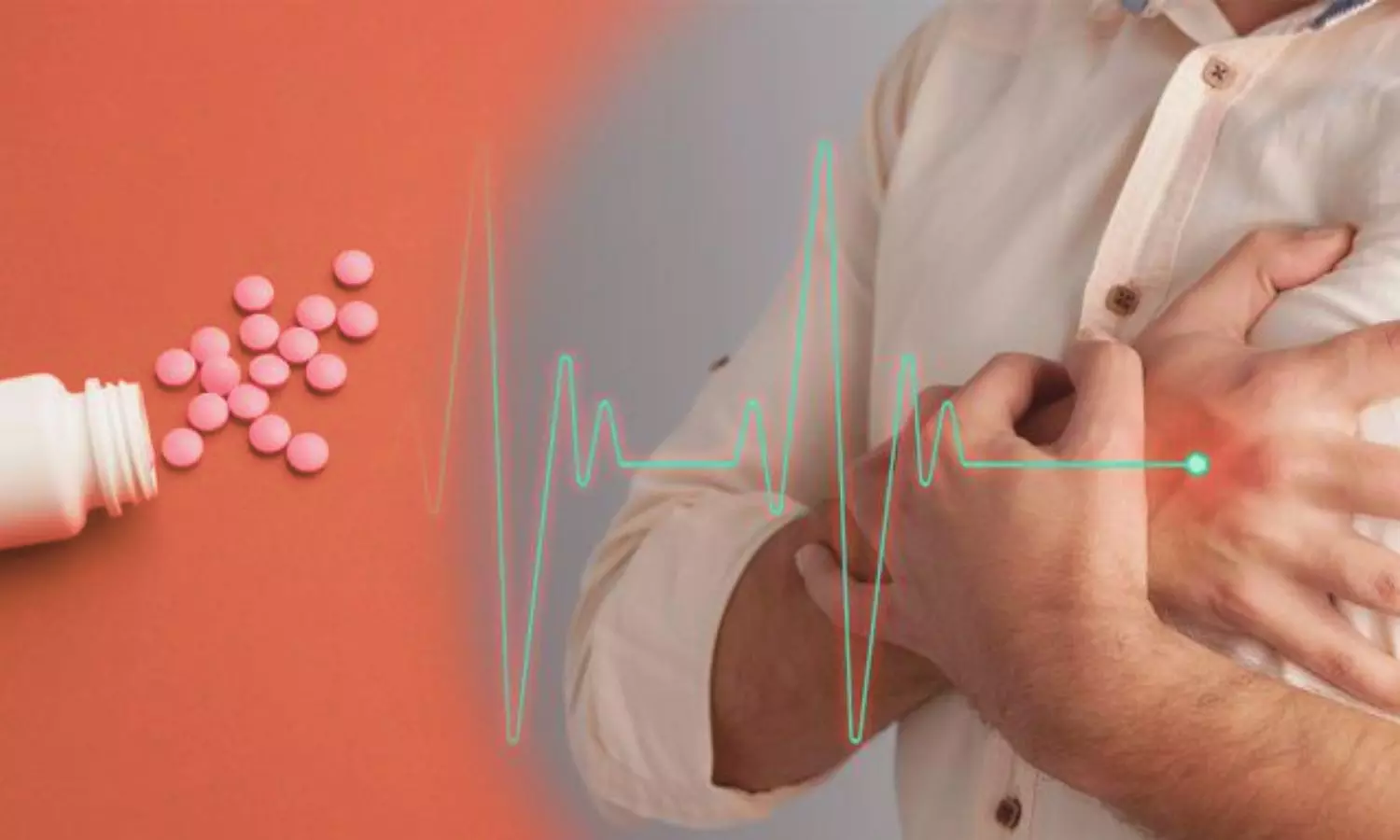Enavogliflozin Shows Superior Glucose-Lowering Power in Patients with Renal Impairment: Study

In a significant stride toward more
effective diabetes management, a newly developed SGLT-2 inhibitor,
enavogliflozin, has demonstrated remarkable efficacy in a pooled analysis of two-phase
III trials. The study, focusing on patients with type 2 diabetes mellitus based
on kidney function, reveals compelling insights into enavogliflozin’s
superiority over the well-known dapagliflozin.
The study results were published in
the journal Cardiovascular Diabetology.
Researchers conducted an extensive
analysis, pooling data from 470 patients who participated in two 24-week,
randomized, double-blind trials. The trials aimed to evaluate the efficacy and
safety of enavogliflozin (0.3 mg/day) in comparison to dapagliflozin (10
mg/day). Notably, the subjects were categorized based on their level of kidney
function, distinguishing between mildly reduced and normal estimated glomerular
filtration rate (eGFR).
Data from 470 patients were included
in the analysis, with 235 receiving enavogliflozin (0.3 mg/day) and 235
receiving dapagliflozin (10 mg/day). The patients were categorized based on
mildly reduced (60 ≤ eGFR < 90 mL/min/1.73 m², n = 247) or normal eGFR (≥ 90
mL/min/1.73 m², n = 223).
Results:
In the mildly reduced eGFR group,
enavogliflozin demonstrated a significantly greater reduction in adjusted mean
change of HbA1c and fasting plasma glucose levels at week 24 compared to
dapagliflozin (-0.94% vs. -0.77%, P = 0.0196).-
Notably, the glucose-lowering effect
of enavogliflozin was more pronounced when combined with dipeptidyl peptidase-4
inhibitors. -
Enavogliflozin exhibited potent blood
glucose-lowering effects regardless of renal function. -
Conversely, dapagliflozin displayed diminishing
efficacy with decreasing renal function.
Enavogliflozin showcased a higher
urinary glucose excretion rate in both patient groups.-
Additionally, the homeostatic model
assessment revealed a marked decrease in insulin resistance with
enavogliflozin. -
Blood pressure, weight loss, and
homeostasis model assessment of beta-cell function values did not significantly
differ between enavogliflozin and dapagliflozin. - Adverse events were comparable
between the two drugs.
The study concludes that
enavogliflozin’s glucose-lowering efficacy surpasses that of dapagliflozin,
particularly in patients with type 2 diabetes and mild renal function
impairment. This superiority is attributed to enavogliflozin’s potent urinary
glucose excretion-promoting ability. The emergence of such robust SGLT-2
inhibitors holds promise as an attractive option for patients with inadequate
glycemic control and decreased renal function.
Further reading: Efficacy and safety of enavogliflozin vs. dapagliflozin as add-on therapy in patients with type 2 diabetes mellitus based on renal function: a pooled analysis of two randomized controlled trials. Doi: https://doi.org/10.1186/s12933-024-02155-9


